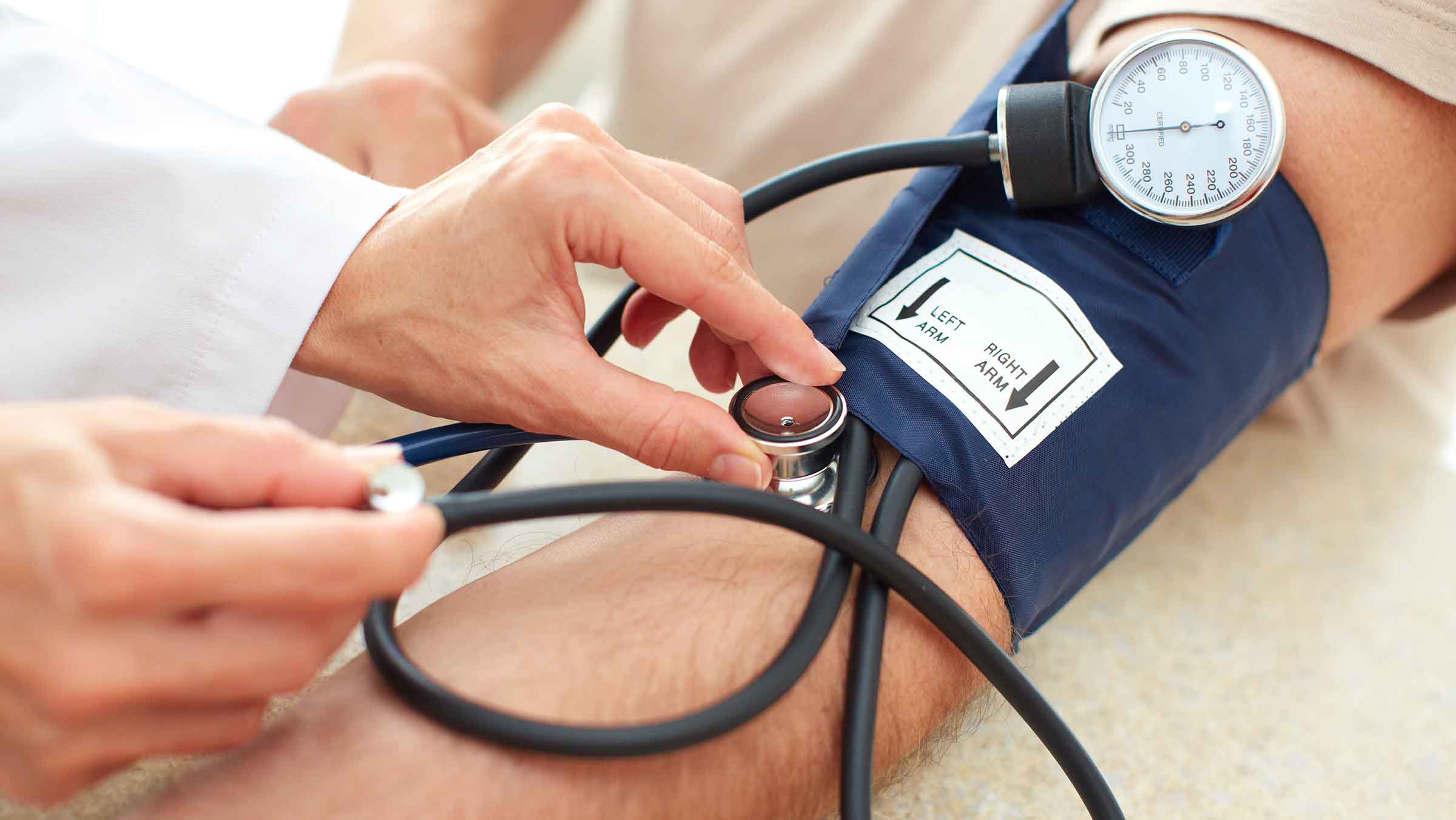High blood pressure (hypertension) and low blood pressure (hypotension) are two common conditions that can impact your overall health and well-being. While medical treatment is often necessary, there are simple remedies and lifestyle changes you can incorporate to help manage these conditions. Let's know the five straightforward remedies for both high and low blood pressure.
Remedies for High Blood Pressure (Hypertension)
1. Healthy Diet:
One of the most effective ways to manage high blood pressure is by adopting a heart-healthy diet. Focus on:
- Reducing Sodium: Limit your salt intake to less than 2,300 milligrams per day (about one teaspoon).
- Eating Fruits and Vegetables: Incorporate plenty of fruits, vegetables, and whole grains into your diet.
- Choosing Lean Proteins: Go for lean sources of protein like poultry, fish, and beans.
- Reducing Saturated and Trans Fats: Minimize consumption of saturated and trans fats found in fried and processed foods.
2. Regular Exercise:
Engaging in regular physical activity can help lower high blood pressure. Aim for at least 150 minutes of moderate-intensity exercise per week. Activities like brisk walking, cycling, and swimming can be beneficial.
3. Stress Reduction:
Chronic stress can contribute to high blood pressure. Practice stress-reduction techniques like deep breathing exercises, meditation, and yoga to help manage stress levels.
4. Limit Alcohol and Caffeine:
Reducing alcohol and caffeine intake can have a positive impact on blood pressure. Aim to consume alcohol in moderation, and be mindful of caffeine-containing beverages like coffee and energy drinks.
5. Medication Compliance:
If your healthcare provider prescribes medication to control high blood pressure, take it as directed and attend regular follow-up appointments to monitor your progress.
Remedies for Low Blood Pressure (Hypotension)
1. Hydration:
Dehydration can contribute to low blood pressure. Ensure you drink an adequate amount of water throughout the day to stay properly hydrated.
2. Increase Salt Intake (Under Supervision):
In some cases of hypotension, increasing your salt intake can help raise blood pressure. However, consult with a healthcare provider before making significant dietary changes, especially if you have underlying health conditions.
3. Smaller, Frequent Meals:
Eating smaller, more frequent meals can help prevent a drop in blood pressure after eating. This is particularly helpful for individuals prone to postprandial hypotension (low blood pressure after meals).
4. Compression Stockings:
Wearing compression stockings can improve blood flow, reduce blood pooling in the legs, and alleviate symptoms of low blood pressure.
5. Avoid Prolonged Standing:
If you experience symptoms of low blood pressure like dizziness, avoid standing for extended periods. Sit or lie down when needed to prevent fainting.
In conclusion, Maintaining healthy blood pressure levels is essential for overall health. These five simple remedies can be effective in managing high and low blood pressure when used in conjunction with guidance from your healthcare provider. Remember that individual responses may vary, and it's important to consult with a medical professional to develop a personalized plan that addresses your specific condition and needs. Making these lifestyle changes and incorporating these remedies can contribute to better blood pressure control and an improved quality of life.

 What exactly is blood pressure? It's your body's symphony – but when it's off-key, problems arise. Explore 5 easy remedies to fine-tune high and low blood pressure for a healthier tune of life.
What exactly is blood pressure? It's your body's symphony – but when it's off-key, problems arise. Explore 5 easy remedies to fine-tune high and low blood pressure for a healthier tune of life.









.jpeg)




.jpeg)

.jpg)













